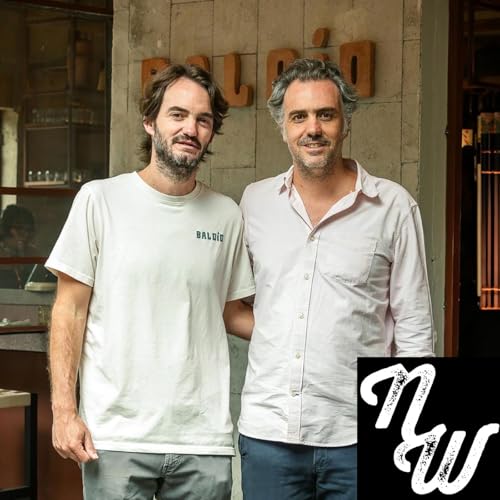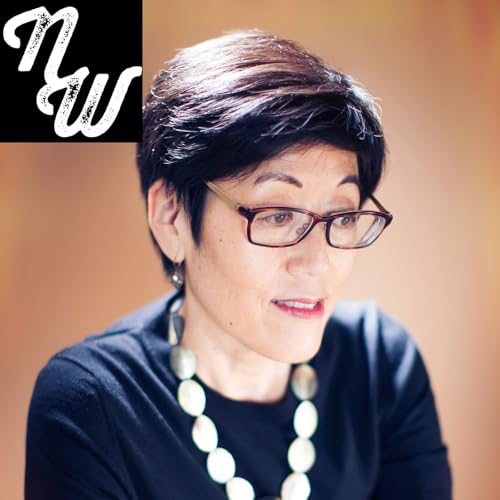Shava Cueva is the Baja California, Mexico born photographer who created the book and platform Bebidas de Oaxaca. The self-published book, now in its second edition, and available in English and Spanish, documents an incredible 87 traditional drinks from the eight regions of the state of Oaxaca. They are drinks made from “fruits, seeds, rinds, leafs, sap, flowers, crusts, [and] stems,” and prepared “raw, roasted, cooked, fermented, distilled, boiled, ground, mixed by mortar and pestle, foamed, cold or hot.” The book is filled with beautiful imagery that show the time and care Shava takes when visiting these often remote, rural communities and it shows the richness of these drinks, which are often left out of conversations of Oaxacan food and are gradually disappearing.
What’s especially fascinating is that Shava has no culinary background. In the interview we discuss how the Baja born photographer, who now lives in Australia, first became intrigued by Oaxaca’s traditional beverages. He had a vague idea of a project during the pandemic, but once he arrived to the state and started shooting, he realized how substantial the project could become. There was so many drinks that weren’t archived anywhere and he continues to document them. His website and YouTube channel continue where the books leave off, and the material just keeps coming. It’s an endless source of inspiration for him. I hope more people follow his lead.
--
Host: Nicholas Gill
Co-host: Juliana Duque
Produced by Nicholas Gill & Juliana Duque
Recording & Editing by New Worlder
Email: thenewworlder@gmail.com
Read more at New Worlder: https://www.newworlder.com
続きを読む
一部表示
 2025/12/181 時間 4 分
2025/12/181 時間 4 分 2025/12/041 時間 5 分
2025/12/041 時間 5 分 2025/11/131 時間 6 分
2025/11/131 時間 6 分 2025/10/301 時間 3 分
2025/10/301 時間 3 分 2025/08/281 時間 6 分
2025/08/281 時間 6 分 2025/08/1455 分
2025/08/1455 分 2025/07/311 時間 11 分
2025/07/311 時間 11 分 2025/07/171 時間 5 分
2025/07/171 時間 5 分
